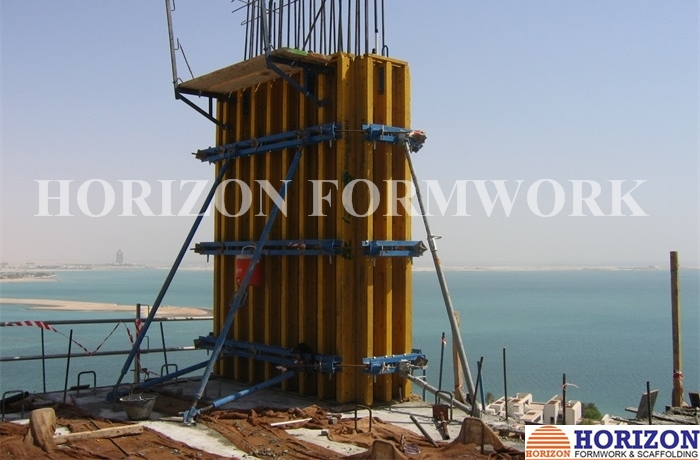Jul . 29, 2024 17:44 Back to list
Innovative Solutions for Concrete Column Formwork by Leading Construction Companies Worldwide
Formwork for Concrete Columns A Comprehensive Overview
In the construction industry, the structural integrity of buildings relies heavily on the quality of materials and techniques employed. One critical aspect that plays a pivotal role in the construction of concrete structures is the formwork used for concrete columns. As a fundamental component of the building process, understanding the various types of formwork and their applications can significantly improve efficiency and safety on construction sites.
What is Formwork?
Formwork is a temporary or permanent mold into which concrete is poured to shape and support the concrete until it gains sufficient strength to support itself. For concrete columns, formwork must be designed to withstand the pressure of the wet concrete, while also being easy to assemble and dismantle. The design of the formwork is crucial as it directly influences the finish of the concrete and the overall durability of the columns.
Types of Formwork for Concrete Columns
1. Timber Formwork Historically, timber was the most common material used for formwork. It is readily available and can be easily cut and shaped to create custom forms. However, timber formwork can be prone to warping, and the surface finish may not always be smooth. Nevertheless, it remains a popular choice for small to medium-sized projects due to its flexibility and cost-effectiveness.
2. Steel Formwork Steel formwork is known for its durability and strength. It can withstand higher pressures from wet concrete and is resistant to warping and deformation. Steel forms provide a smooth finish, which reduces the need for post-pour finishing work. Although it typically requires a higher upfront investment, steel formwork is reusable and provides long-term cost benefits for large construction projects.
3. Aluminum Formwork This option is lighter than steel yet still offers excellent durability and a smooth finish. Aluminum formwork is often employed in high-rise buildings as it is easy to handle and can be quickly assembled and disassembled. Moreover, its lightweight nature facilitates transportation, making it a preferred choice for projects with tight scheduling constraints.
formwork forconcrete column company

4. Plastic Formwork Plastic or modular formwork systems have gained popularity due to their ease of use and adaptability. These systems are lightweight, resistant to corrosion, and can be assembled rapidly. They offer the additional benefit of providing thermal insulation, which can be advantageous in certain climates.
Importance of Quality Formwork
The construction of concrete columns is vital for the stability and safety of a structure. High-quality formwork ensures that concrete columns are poured accurately, achieving the desired strength and durability. Poor formwork can lead to defects, such as honeycombing or misalignment, which may compromise the overall integrity of the building. Thus, investing in quality formwork is essential for achieving structural excellence.
Innovations in Formwork Technology
With the advancement of technology, formwork systems have evolved significantly. Today's innovations include the use of automated systems and robotics to streamline the formwork process. Prefabricated formwork panels and integrated design software allow for precise engineering and design, enhancing the efficiency of construction projects. These innovations not only reduce labor costs but also minimize waste, making construction practices more sustainable.
Conclusion
Formwork for concrete columns is a critical consideration in the construction industry, affecting both the quality and safety of the built environment. By selecting the appropriate type of formwork and leveraging modern technologies, construction companies can enhance their productivity and deliver structures that stand the test of time. As the demand for sustainable and efficient building practices continues to grow, the role of formwork will remain vital in shaping the future of construction.
-
High-Quality U Head Jack Scaffolding – Reliable Scaffolding Jack Head Manufacturer & Factory
NewsJul.08,2025
-
High-Quality I Beam H20 Leading Timber Beam H20 Material Factory, Exporters & Manufacturers
NewsJul.08,2025
-
High-Quality Powder Coating Steel Formwork - Durable & Corrosion Resistant Solutions
NewsJul.07,2025
-
Inclined Column Formwork Supplier – Durable & Precise Solutions for Unique Structures
NewsJul.07,2025
-
High-Quality Water Stop Solutions Trusted Water Stop Company & Suppliers
NewsJul.07,2025
-
High-Quality Formwork Material Supplier Reliable Manufacturer & Factory Solutions
NewsJul.06,2025